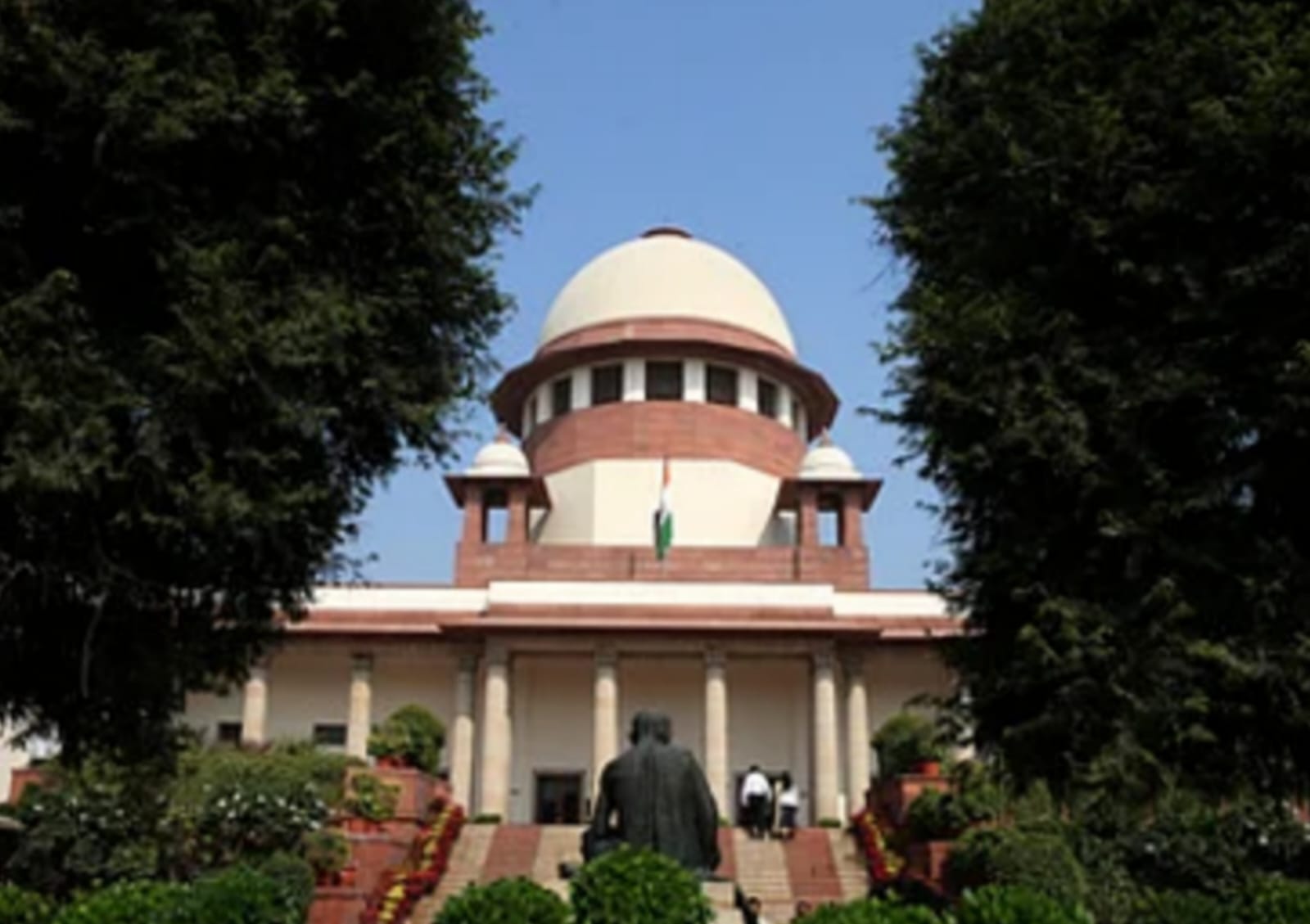
NEW DELHI:
The Supreme Court on Wednesday sought the response of the Uttar Pradesh government on a plea challenging specific provisions of the 2024 amendment to the state’s law concerning unlawful religious conversions. The petitioners have alleged that the revised law contains vague language that infringes upon constitutional freedoms.
A bench comprising Justices Vikram Nath and Sandeep Mehta issued a formal notice to the Uttar Pradesh government and directed that the matter be heard alongside other similar petitions already pending before the apex court.
Academician Roop Rekha Verma of Lucknow and number of other people have filed the petition, claiming that the Uttar Pradesh Prohibition of Unlawful Conversion of Religion Act's amended provisions are "vague and overly broad." They argue that the Indian Constitution's protections of free speech, individual liberty, and the right to religious propagation could be hampered by the law's ambiguity.
The petitioners contend that "the law, in its current form, creates ambiguity over what constitutes a punishable act, leaving individuals vulnerable to arbitrary prosecution." They contend that this kind of ambiguity allows authorities to enforce laws in a discretionary and possibly discriminatory manner.
Shortly after it was introduced, the 2024 amendment to the Act was questioned by a number of civil rights organizations and legal professionals who expressed worries about how it would affect religious freedom and interfaith marriages. Critics claim that the law could be abused to harass people who voluntarily choose to convert by reversing the burden of proof and assuming coercion in conversions.
The Supreme Court's choice to group Verma's petition with other cases of a similar nature indicates that it intends to examine state-level anti-conversion laws more thoroughly, which has generated political and legal discussion nationwide. There have also been constitutional challenges to similar laws in states like Gujarat, Madhya Pradesh, and Himachal Pradesh.
The bench has not yet fixed the date for the next hearing. However, the tagging of the plea with related matters indicates that a consolidated argument may be heard in the coming months.
The Supreme Court's decision coincides with a period of public debate surrounding religious conversions and related laws, with questions concerning how to strike a balance between religious freedom and purported coercive tactics.
It is anticipated that the Uttar Pradesh government will respond in due course, arguing for the validity and soundness of the 2024 amendments. The proceedings' conclusion may have a big impact on similar laws in India.